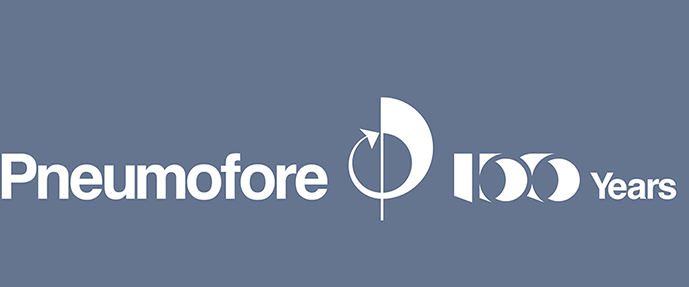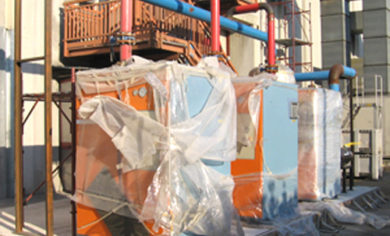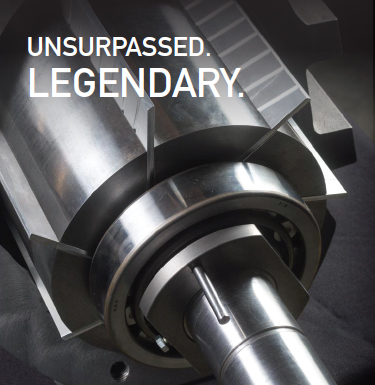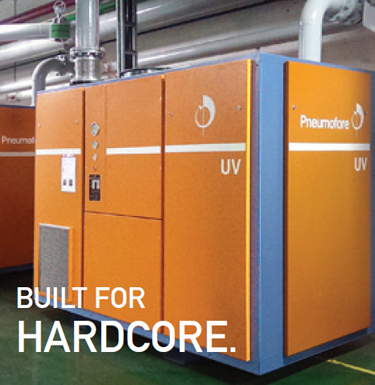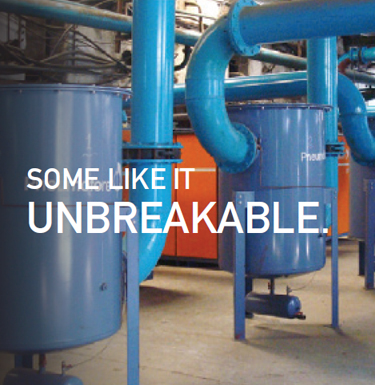Pasta Only Tastes As Good As Its Vacuum
For pasta production in Italy, vacuum plays such a crucial role that plant owners build protective walls around their vacuum systems. Production equipment and all additional machinery, as well as the expertise of pasta masters, set the foundation for a future success based largely on taste.
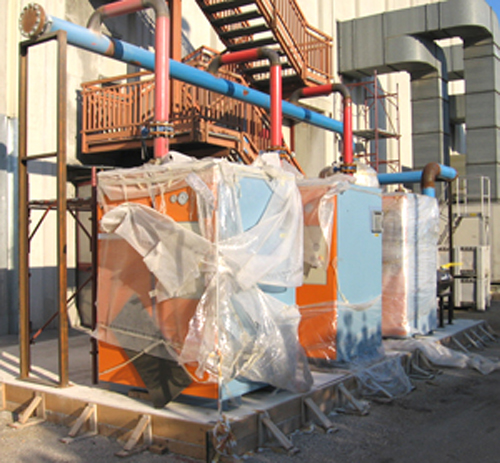
The importance of vacuum lies in the chemical and physical reactions during the initial phase of making the dough, which strongly influence the following phases of pasta production. The formation of gluten, a macromolecule, is essential for the basic structure of the pasta. In subsequent steps, selected grains are mixed with it under vacuum. This process allows maximum hydration homogeneity with elimination of white spots on the product. The colour and smell become more intense, since certain enzymes responsible for oxidation are blocked. Special care is applied to the reduced reaction of the enzyme tiroxin, which plays a major role for the pasta taste.
Pneumofore’s involvement in optimizing pasta production with vacuum spans over two generations of engineers. With systems installed in plants worldwide as well as numerous locations in Italy, the company’s expertise in this application field is well established.
At a leading national pasta manufacturer since 1895, four lines of production produce 16.000 kg/h. Pneumofore installed three UV16 pumps in 2005, which have performed since with 35% less power consumption than the previously installed Busch vacuum pumps. The vacuum level was improved from 250 to 70 mbar(a).
Pneumofore supported the installation with engineering, piping calculation and design, commissioning and instruction, since UV units are adapted to each application need in order to meet the customer’s long term expectations. For Pneumofore, long term means at least 30 years. Since several generations our engineers apply this design criteria.
Regarding after sales service, UV pumps have extended warranty up to five years with a preventive maintenance contract. But this pasta makers confidence is such, that ordinary maintenance service is executed on the site every 3.500 to 4.000 hours by the customer’s internal maintenance team.
Obviously, rotary vane pumps designed and produced by the inventor of this technology perform with remarkable superiority. The vanes of UV pumps are not consumable spare parts but integral core elements of the pump’s air-end. The lubricant of UV is H1 class according to NSF food regulations. After years of round-the-clock operation, the management of this specific pasta producer collected sufficient information to clearly identify the Life Cycle Cost of the compared pumps of different brands. The result of the analysis gave very clear preference to the UV pumps solution.
